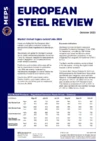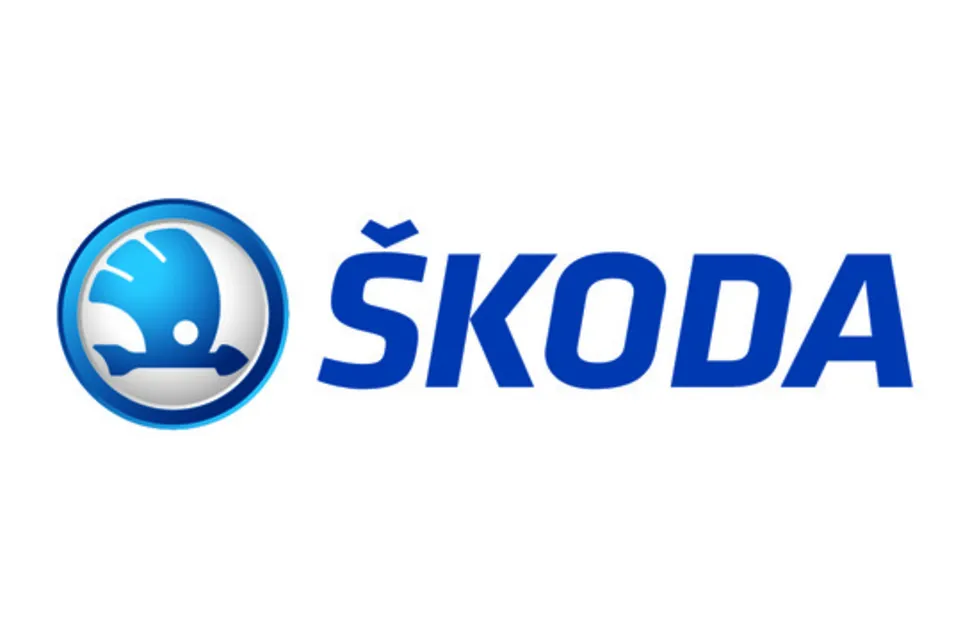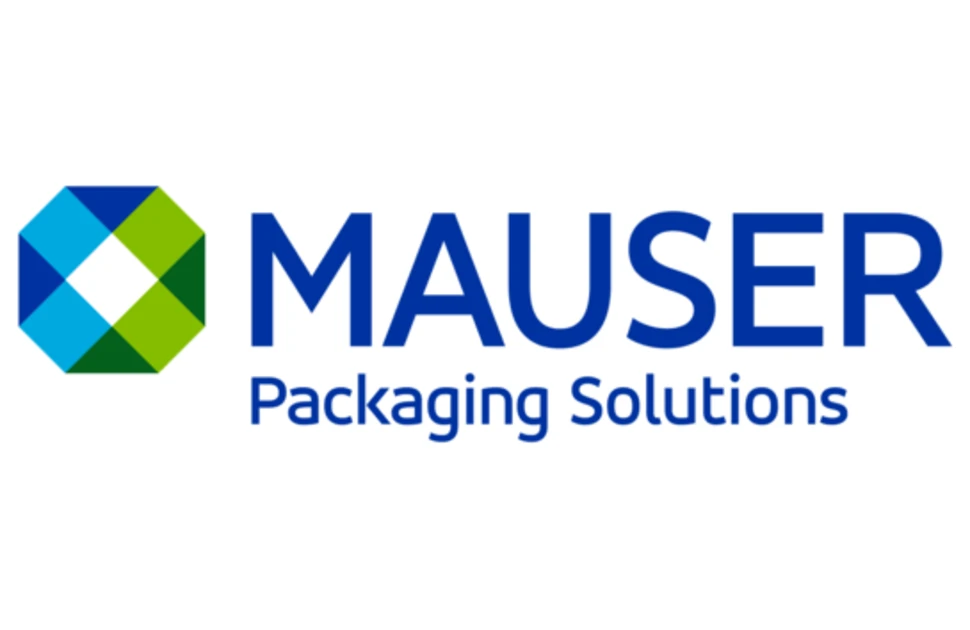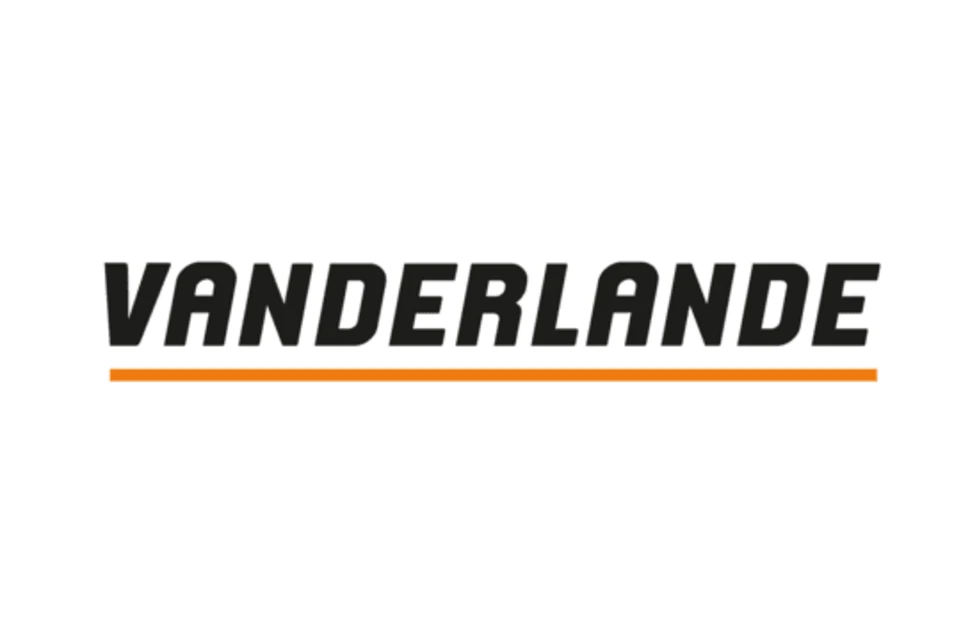UK steel importers angered by tighter trade defence measures
Steel importers in the United Kingdom expressed anger about the sudden application of stringent new trade defence measures when talking to MEPS researchers this month.
UK steel prices reported in the July edition of MEPS's European Steel Review were more stable than those in other European countries after the changes, announced on June 30, were implemented on July 1. The weaker downward pressure on UK steel prices could be partially attributed to concerns over the increased duties that will be attracted by many low-cost imports.
Most UK importers had expected 40% caps to be applied to individual nations’ use of the quarterly quotas for Category 4 (metallic coated sheet), Category 7 (non-alloy and other alloy quarto plates) and Category 13 (rebar). This had been the recommendation of the Trade Remedies Authority (TRA). However, following intervention from the nation’s Secretary of State for Business and Trade, a 15% cap was applied to coil and sheet, with 20% caps for plate and rebar.
Furthermore, the volume by which the tariff-rate quotas for each of the UK’s 14 product categories was due to be liberalised, from July 1, was reduced from 3% to 0.1%. The changes also prevent unused quarterly quotas from being made available in the following quarter. WTO members with a country-specific quota will be prevented from accessing the residual quota in the final quarter of the safeguard year (April 1 to June 30, 2026).
Influence of the new quota caps
Despite prices remaining stable in July, just GBP20 per tonne above the four-year lows seen in quarter four last year, UK stockists expect the new import restrictions to prompt an uptick in galvanised coil values. The 15% quota cap leaves South Korea and Vietnam with access to tariff-free quotas of 50,938 tonnes each over the next 12 months. In 2024, 131,097 tonnes of South Korean galvanised coil and 183,848 tonnes of material from Vietnam were imported into the UK.
The influence of the 20% cap will be less pronounced. Import sources without a country-specific quota for plate retain access to a tariff-free quota of 20,155 tonnes over the next 12 months. Only the 37,392 tonnes of South Korean-origin imports exceeded this level in 2024. The TRA’s antidumping investigation into South Korean plate may have a greater effect in reducing the influence of this material.
Algerian-origin rebar is likely to be affected by the 20% cap on that product. Imports reached 82,296 tonnes in 2024. The new cap introduces a 19,072-tonne tariff-free limit between July this year and June 2026.
Importers will be forced to diversify their overseas sources in order to maintain a supply of low-cost material.
Balancing steelmakers’ needs with supply requirements
Many UK stockholders say that the changes to the safeguard measures are too heavily focussed on meeting the needs of domestic steelmakers. Tata Steel UK is currently reliant on imports after it stopped steelmaking at Port Talbot, South Wales. However, last October, the TRA created a new 2.3 million tonne per year Category 1B quota for coil and sheets imported to the UK for the purpose of downstream processing.
The UK’s revised safeguard measures will have to mitigate the threat of material redirected from the EU and United States. Unless negotiations over “reciprocal” US tariffs – due to be completed by August 1 – also provide reductions in the 50% Section 232 tariff on steel imports, the UK will remain an attractive market for Asian steel producers. The EU’s January 1, 2026, introduction of CBAM taxes is also likely to make the UK a more appealing export destination than its neighbouring countries. The UK CBAM is not scheduled for introduction until 2027.
The UK government has now opened consultation on a trade defence mechanism to replace its current tariff-rate quota system, which expires in June 2026. The replacement scheme’s importance is clear, as import safeguard measures continue to be the main factor supporting steel prices in an ongoing period of low demand.

Source:
European Steel Review
The MEPS European Steel Review is an informative, concise and easy-to-use monthly publication, offering unique professional insight into European carbon steel prices.
Go to productRequest a free publication





